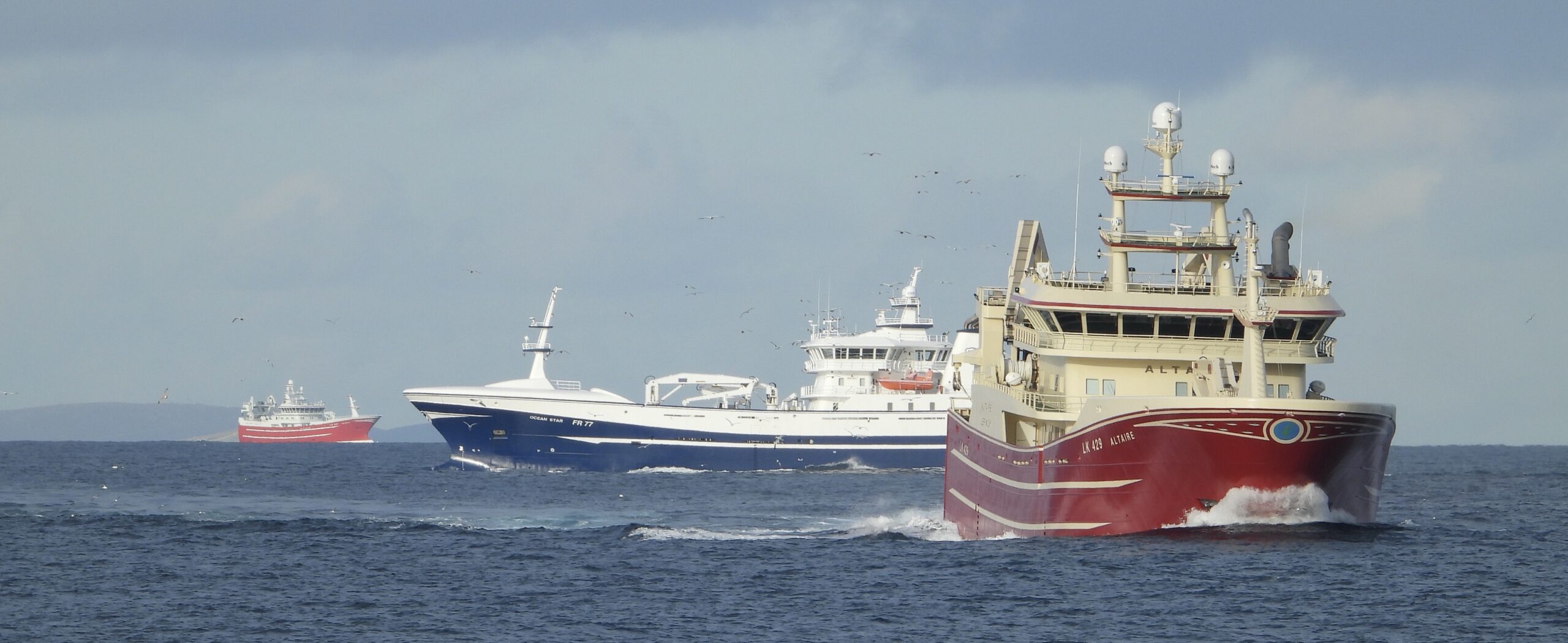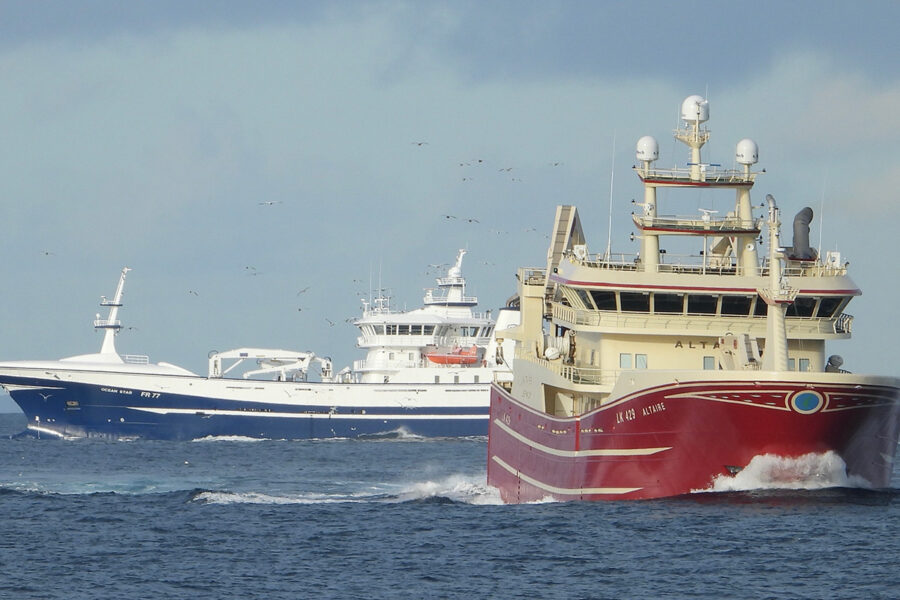The recent agreement by coastal states meeting under the NEAFC umbrella in London, confirming TACs for shared pelagic stocks in line with scientists’ advice, has failed to dampen the rising tensions between the parties involved, with little likelihood that quota shares will be agreed before the 2024 TAC year commences.
The ongoing negotiations follow the UK’s mid-year transfer of mackerel quota from Norway – tonnage that was additional to the historic shares of the TAC between coastal states prior to the agreement breaking down in 2014 – in exchange for granting Norway access to UK waters for the bulk of its mackerel fishery this summer.
Additional controversy this year has included increased access to EU waters for the Norwegian fleet to catch blue whiting, a move by Faroe to roll over uncaught quota from 2022 to 2023, and the effective doubling of the catching capacity of the Faroese fleet, with issue by the government there of an additional 10 pelagic licences.
In addition, Irish industry groups have voiced their concern about any agreement that sees increased access to waters off the Irish coast for non-EU vessels in 2024.
To add to the mix, several major buyers of pelagic fish or fish products have said they finally intend to implement long- threatened boycotts of products from the fisheries, which lost MSC certification as a result of failure to adhere to scientific catch recommendations.
The row comes against a backdrop of a highly successful start by the UK fleet to the winter mackerel season, with a run of extremely high-value landings into factories in both the UK and Norway.
Ian Gatt, chairman of the Scottish Pelagic Sustainability Group (SPSG), a group of catchers and processors that includes the Scottish Pelagic Fishermen’s Association, of which he is chief executive, said: “The principles for a new sharing arrangement must be based on the best available science on stock distribution. Parties have the basis to agree this with the adoption of the updated report of the 2023 coastal states working group on the distribution of mackerel in the North East Atlantic.”

Serene, Ocean Star and Altaire searching in close proximity at the start of November. Scottish skippers are reporting an extremely strong start to the winter mackerel fishery. (Photo: Ryan Cordiner)
The working group has also raised a number of related issues, including the increased dumping of poor-quality mackerel for use in fishmeal, notably by Faroese vessels, with boats – forced to steam long distances to find the mackerel they claim to have in their own EEZs – deciding to press down the tanks and take fishmeal prices, rather than forgo the fishery.
The SPSG estimates that an incredible 210,000t of mackerel, for which there is strong demand for human consumption, will be landed for fishmeal by the end of the year.
Ian Gatt added: “We are especially keen for the UK and international retail sector, as well as consumers, to recognise that this is a situation entirely outside the control of the UK mackerel sector. Our mackerel fishermen and processors have been spearheading a range of conservation and responsible fisheries management measures in recent years, including working in partnership with scientists on the collection of stock data to enhance our knowledge of the fishery and ensure a sustainable future.
“Despite the unilateral actions of some other coastal states, the latest scientific assessments have determined that the North East Atlantic mackerel stock is currently at above average levels and that there is an encouraging recruitment of juveniles, although the stock is declining from a very high base.
“There is no room for complacency, and an agreement on quota shares is vital to ensure the long-term future of the stock.”
This story was taken from the latest issue of Fishing News. For more up-to-date and in-depth reports on the UK and Irish commercial fishing sector, subscribe to Fishing News here or buy the latest single issue for just £3.30 here.
Sign up to Fishing News’ FREE e-newsletter here.








